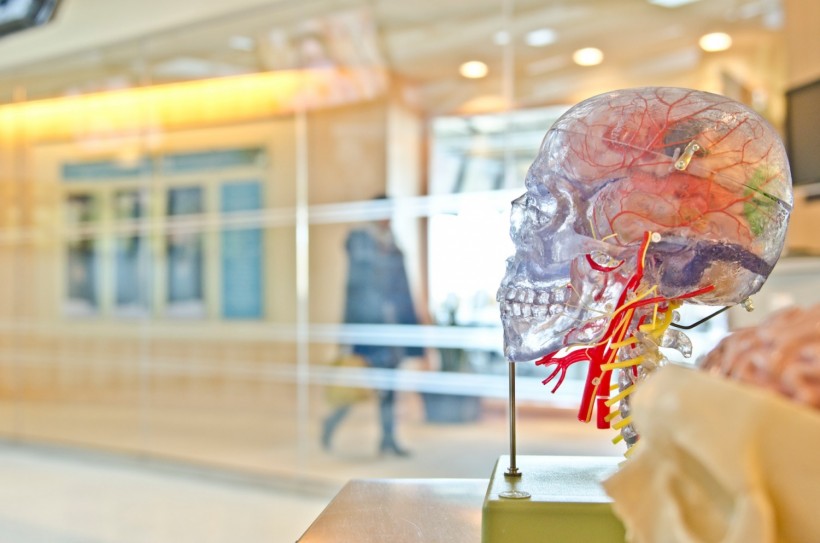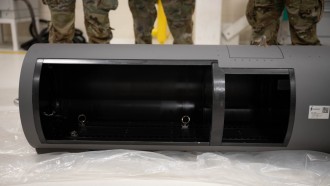Scientists determined that boosting the number of new neurons produced in mice with Alzheimer's disease (AD) improves the animals' memory, providing a significant step towards treating human patients.

(Photo : @jessedo81 / Unsplash)
Neurons in Patients with Alzheimer's
Neurogenesis is the process through which new neurons are formed from neural stem cells. Previous research has demonstrated that neurogenesis is reduced in both Alzheimer's disease patients and laboratory animals with genetic abnormalities associated with the disease. This damage is most severe in the hippocampus, an area of the brain critical for memory acquisition and retrieval.
However-according to new findings, new neurons can integrate into the neural circuits that store memories and restore their normal function. This shows that increasing neuron formation might be a realistic technique for treating Alzheimer's disease in patients. Researchers from the University of Illinois Chicago conducted the study, which was released on August 19 in the Journal of Experimental Medicine (JEM).
Also Read: Cheap Blood Tests Could Detect Alzheimer's Early Signs and Prevent the Disease's Progression
Boosting New Neuron Production to Treat Alzheimer's
Professor Orly Lazarov and his colleagues increased neurogenesis in Alzheimer's disease mice by genetically boosting the survival of neural stem cells in the latest JEM study. The researchers eliminated the gene Bax, which is involved in neural stem cell death, resulting in the development of more new neurons. In two distinct tests testing spatial recognition and contextual memory, increasing the synthesis of new neurons in this way restored the animals' cognitive function.
"However, the role of newly formed neurons in memory formation, and whether defects in neurogenesis contribute to the cognitive impairments associated with AD, is unclear," says Professor Orly Lazarov.
The scientists revealed that in the brains of healthy mice, the neural circuits essential in memory storage comprise numerous freshly created neurons with older, more mature neurons. This is done by fluorescently identifying neurons engaged during memory acquisition and recovery. In mice with Alzheimer's, these memory-storing circuits had fewer new neurons, although integration of newly generated neurons was recovered when neurogenesis was boosted.
SciTech Daily reports that the study did a further examination of the neurons that make up the memory-storing circuits indicating that increasing neurogenesis increases the number of dendritic spines. These are synaptic structures that are known to be important for memory formation. Therefore, increasing neurogenesis restores a typical pattern of neuronal gene expression.
By precisely inactivating freshly created neurons within the brains of AD mice, Lazarov and colleagues affirmed the relevance of newly formed neurons for memory formation. The benefits of increasing neurogenesis were reversed, preventing any increase in the animals' memory.
Lazarov also stated that their work is the first to indicate that hippocampal neurogenesis defects contribute to the memory problems associated with Alzheimer's disease by reducing the number of immature neurons and boosting new ones for memory formation.
"Taken together, our results suggest that augmenting neurogenesis may be of therapeutic value in AD patients," the researchers concluded.
Related Article: Alzheimer's-Diagnosing AI Better Than Medical Experts? New Study Shows It Can Solve Physician Shortage
This article is owned by Tech Times
Written by Thea Felicity









